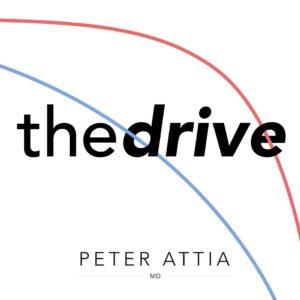
In this episode of “The Daily Stoic,” host Ryan Holiday interviews author Steven Pressfield about the concept of work without attachments. Pressfield shares his insights on finding purpose in work, the importance of tradition, and the mentorship that shaped his career.
When taking over a space or project from someone else, it’s important to acknowledge and understand the history and reasons for previous failures. By doing so, you can learn from past mistakes and find a way to make it work.
Objects can carry sentimental value and positive vibes. Using objects as intended can be a way to honor them and keep traditions alive. Objects with historical significance can also have a powerful impact and put out positive vibes.
Ryan Holiday’s mentorship with Robert Greene played a significant role in his development as an author. Greene’s work ethic, characterized by intense work without attachment, serves as an inspiration for those seeking to produce meaningful and impactful work.
Marcus Aurelius’ book “Meditations” continues to resonate with readers because it was written without attachment to the outcome. The relatable and generalizable nature of his writing, addressing topics such as dealing with difficult people and contemplating mortality, makes it timeless and widely applicable.
Discovering purpose in work involves losing track of time while engaged in meaningful tasks. Having something that roots you and scheduling important tasks first can help maintain focus and productivity. Work without attachment and intense dedication can feed the soul and keep one motivated.
Steven Pressfield’s insights on work without attachments shed light on the importance of understanding history, honoring traditions, and finding purpose in our endeavors. By embracing these principles, we can create meaningful work that resonates with others and stands the test of time.